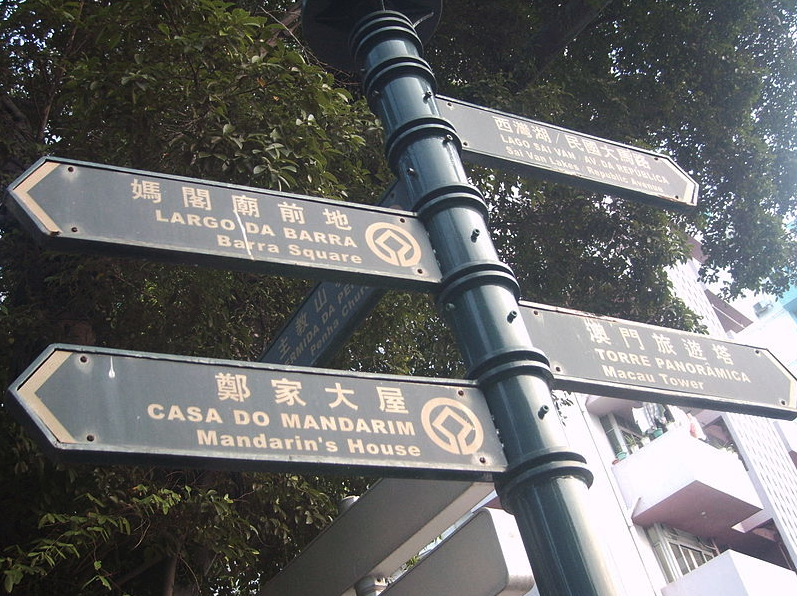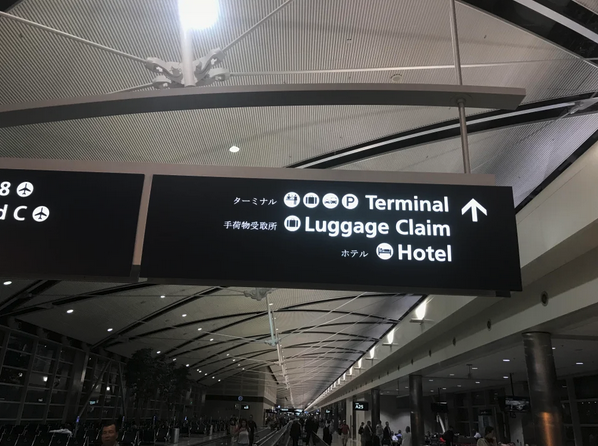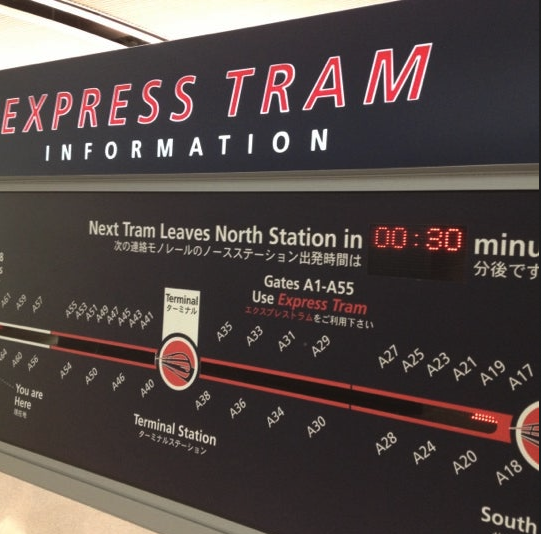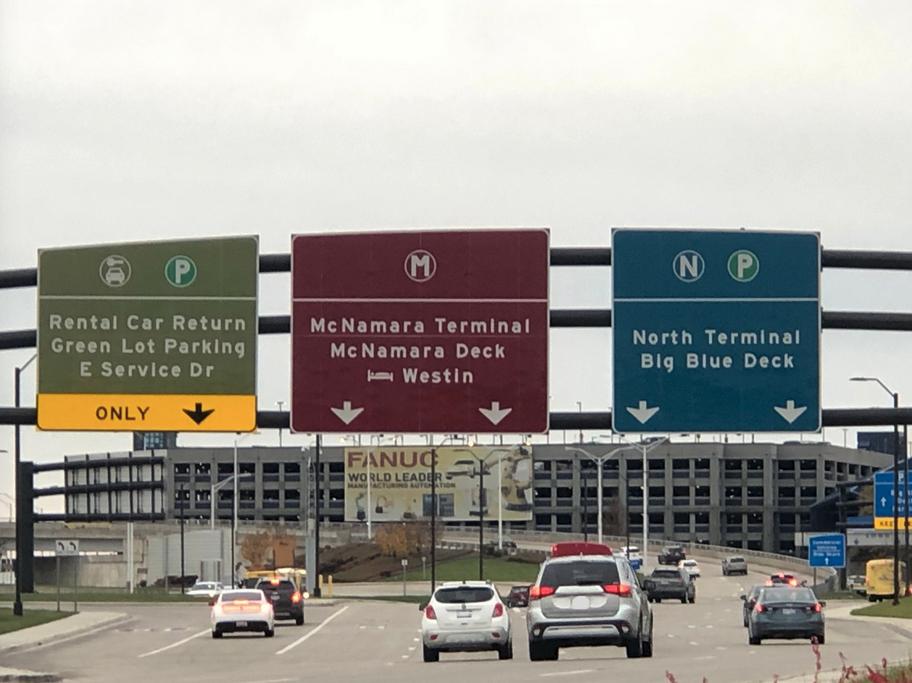As written in Medium a few years back, although English is the primary language of the United States (these are the most popular languages in each state, after English and Spanish), we have no official language. The Founding Fathers believed it would be divisive and undemocratic in a multi-lingual country such as ours to have an “official” language.
18 languages were spoken on Manhattan Island [now part of New York City] as early as 1646. The Dutch, Flemish, Walloons, French, Danes, Norwegians, Swedes, English, Scots, Irish, Germans, Poles, Bohemians, Portuguese, and Italians were among the settlement’s early inhabitants.
Vincent N. Parrillo, Diversity in America, 2008, p. 45
That being said, in areas where there’s a large population of non-English speakers, some cities or specific areas of cities will have “translations” on certain signs (i.e. Spanish, Chinese, Arabic, etc.). It’s just a matter of courtesy, just as you may see English on signs in non-English speaking countries that get a lot of English-speaking visitors, such as this directional sign in Macau (which also has translations in Portuguese, because Macau was a Portuguese colony until 1997):

PC (cropped): Destron Commander / Wikimedia / CC BY-SA 3.0
The Mystery of Japanese Signage at Detroit’s Airport
In Detroit’s Wayne County Airport (DTW), though, there’s an anomaly to all of that – for decades, the directional signs throughout DTW’s McNamara Terminal have been translated into Japanese.

PC: Imgur
Even the informational sign for the Express Tram is translated into Japanese.

PC: Foursquare
And yet all of the signs OUTSIDE the terminal are only in English.

PC: DTW / Facebook
So what’s up with that?
A lot (and I mean a LOT) of people thought the subtitles were because of the automobile industry. Although the city is no longer the powerhouse it once was, Detroit has been a major player in car design and manufacturing since the late 1800s. Chrysler, Ford and General Motors were BIG, big deals in Detroit through a good part of the 20th century (albeit more in the first half than the second half), and yes, Japanese executives made frequent visits to “Motor City.”
But if the airport signs were for visitors from Japan, you’d think (A) the signs in ALL the terminals, not just McNamara, would have the Japanese translations, and (B) the signs outside the building would have had subtitles as well, right?
It turns out the auto industry has nothing to do with why those signs have Japanese translations. It turns out that Delta Air Lines is responsible for the subtitles, in a way. Read on…
Delta Air Lines’ Role in the Japanese Signage
According to airport spokesperson Erica Donerson, the McNamara terminal opened in 2002, and Northwest Airlines was the terminal’s primary carrier. Tokyo was a Northwest hub (in fact, Northwest has previously been known as Northwest Orient Airlines). The terminal signage included Japanese to assist passengers traveling to or connecting through Detroit from Japan.
So they’re another example of “courtesy” signs.
Northwest Airlines was absorbed by Delta Air Lines in a 2008 merger. That made Delta the hub carrier at McNamara. And, for what it’s worth, Delta still operates in Japan, with flights between Detroit and Tokyo, so…
The signage has never been modified. However, if/when it ever is, Donerson suggests they may no longer have the Japanese subtitles.
And now you know! 🙂
H/T Axios
Want to comment on this post? Great! Read this first to help ensure it gets approved.
Want to sponsor a post, write something for Your Mileage May Vary, or put ads on our site? Click here for more info.
Like this post? Please share it! We have plenty more just like it and would love it if you decided to hang around and sign up to get emailed notifications of when we post.
Whether you’ve read our articles before or this is the first time you’re stopping by, we’re really glad you’re here and hope you come back to visit again!
This post first appeared on Your Mileage May Vary

2 comments
So the correct headline is: Northwest Airlines is responsible for…
I flew there the second week after opening. They were installed then.
Japan buttered NW’s bread at the time the McNamara terminal was built. In the early days of the hub, there were as many as 5 747-400s a day to Japan… 2-3 NRT, KIX, NGO, with lots of transfer pax.
Japan was on a decline for NW long before the Delta merger.